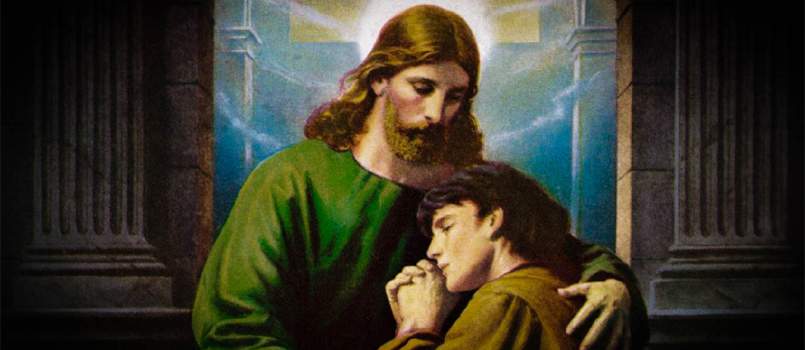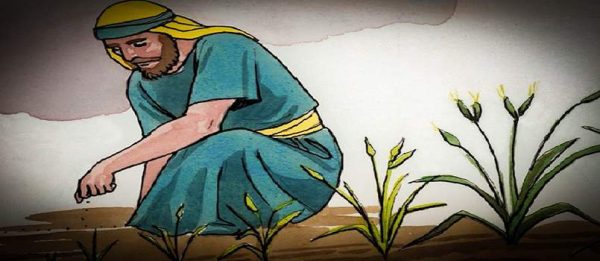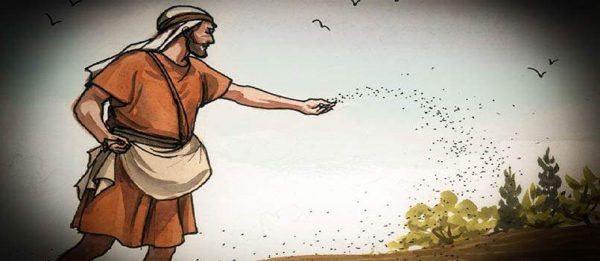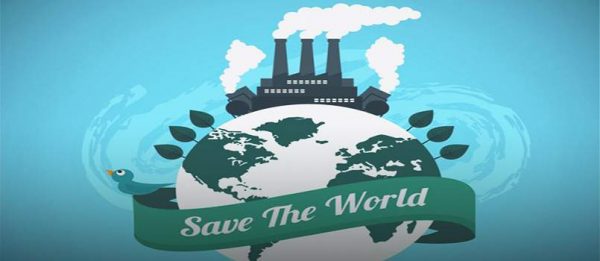1,283 total views
The Lord Is My Chef Sunday Recipe, Week XIV-A, 09 July 2017
Zechariah 9:9-10//Romans 8:9,11-13//Matthew 11:25-30
You must be so familiar with our Gospel today where Jesus calls us to “Come to me, all you who labor and are burdened, and I will give you rest.” (Mt.11: 28) Often described as the “sweetest verse in the Scripture,” it strongly evokes the warm, personal love of Christ for each one of us who always “labor and are burdened.” Basil Valdez even made it into a song in the early 1980’s that was a hit on radio when we were in high school (from his album called “Corner in the Sky”). What a fitting finale to two weeks of difficult teachings about discipleship like casting out all fears and seeing God always among the people we serve! But, what Jesus is offering us in this “sweetest verse in the Scripture” is something so different from our own ideas of rest. Examine the following verse asking us to “Take my yoke upon you and learn from me, for I am meek and humble of heart; and you will find rest for yourselves. For my yoke is easy, and my burden light.”(Mt. 11:29-30)
How can we really rest when we still have to take a yoke, no matter how easy it might be and still carry a burden even if it is lighter? “Puwede bang wala na lang, Lord?” is a more appropriate prayer perhaps for us saddled with so many worries and concerns in life. But it is here where we find the sweetness of this verse: Jesus did not remove our pains and sufferings but instead joined us even in its worst form – death – so that in His Resurrection, we may join Him in His glory. Discipleship is a call to a God-centered life that even in our rest, we still rest in Him. A God-centered life is a call to live in the Holy Spirit, a life of looking internally than externally. This is what St. Paul is reminding us today in our second reading, “Brothers and sisters: You are not in the flesh; on the contrary, you are in the spirit, if only the Spirit of God dwells in you.”(Rom.8:9)
When we try to enumerate the things that we “labor” as well as the ones that “burden” us in life, we realize that most of these are external in nature. Too often, these are material things like money, food, clothes, and shelter. Though we are convinced with the words of Jesus last week to be not afraid because “even all the hairs of your head are counted… you are worth more than many sparrows”, we still worry so much of the future that we veer away from Him along the way, that we could not truly rest in Him. Being meek and humble like Him means we remain always in Him by being “yoked” with Him so that we only “labor” and “burden” with the most important thing in life which is to know the Father through His Son. All throughout His ministry, Jesus kept on saying that the words He had spoken and the works He had done were not His but the Father’s because He and the Father are One. We need to be in union with God in this life because He knows what is best for us. That can only happen when we can honestly look inside ourselves to see God above everything.
Sometimes, people could also blind us from being one in Christ in taking His yoke that is easy and burden that is light. This is a more sinister problem with our labors and burdens that are external in nature when we keep on working for others, even fighting for others simply because we cannot look deep inside our own crosses. It is called “messianic complex” when we take upon ourselves the pains and sufferings of others as if we could save the world, becoming an escape for us to really carry our own crosses to avoid feeling our own sufferings. When we fight for others even in the name of lofty ideals like justice and rights but without Christ, we remain empty, always ending up tired and exhausted. Instead of a ministry and apostolate, it becomes more of an advocacy that we become activists than disciples of Christ. We priests are always guilty of this, along with our volunteers who are always “busy” with so many other external things forgetting our internal lives. The same is true with a lot of other “workaholics” who labor so much and burdened with tasks and responsibilities for other people, forgetting their family and well-being as an individual.
Going back to the sweetest verse in the Scripture of Jesus calling us to come to Him and rest, we feel that Christ comes to us in a very personal manner. It was God who made the first move so that we humans can be in union with Him. Pope Emeritus Benedict XVI said, “Man is worth so much to God that he himself became man in order to suffer with man in an utterly real way-in flesh and blood-as is revealed to us in the account of Jesus’s Passion. Hence in all suffering we are joined by one who experiences and carries that suffering with us; hence con-solatio is present in all suffering, the consolation of God’s compassionate love (Spe Salvi, 39).”
Here we find something not only so sweet but also so reassuring. “Solatio” in Latin is “to be alone”; when affixed with the prefixcon or “with”, it becomes “consolatio” or “consolation” that literally means to be accompanied by another in isolation. We are consoled when another person joins us in our pains, when we no longer suffer alone—exactly what Jesus did to us. The God all-powerful who could not suffer chose to suffer with us because He loves us so much! Such is the humility and meekness of Jesus Christ that He is teaching us too this Sunday. Can we be one with Him, be yoked with Him, setting aside our own plans and priorities in life to allow the Father direct us in life? Can we be more loving and caring with others, especially those closest to us? Can we be more merciful and forgiving to those who have wronged us? Can we be kind to those who hate and malign us?
A saint had said that that true measure of love is to love without measures. Love can be most demanding but not necessarily painful. That is the paradox in life’s many situations when hurts give way to love, when strength bows down before weakness and when pride bows down before humility. That was the path taken by Jesus as prophesied by Zechariah in our first reading, “Rejoice heartily, O daughter Zion, shout for joy O daughter Jerusalem! See, your king shall come to you; a just savior is he, meek, and riding on an ass, on a colt, the foal of an ass.”(Zech. 9:9) St. Matthew and St. John quoted this prophecy in their accounts of the Palm Sunday entrance of Jesus to Jerusalem (cf. Mt.21:1-11 and Jn.12:12-16) to emphasize the humility and meekness of the Lord who came into our lives in the most approachable manner. And that is through our very selves, right in our own crosses of sufferings and pains. It is only when we are able to truly accept and own them can we truly rest in the Lord.
A restful Sunday in the Lord!
Fr. Nicanor F. Lalog II,
Parokya ni San Juan Apostol at Ebanghelista
Gov. F. Halili Ave., Bagbaguin, Sta. Maria, Bulacan




















